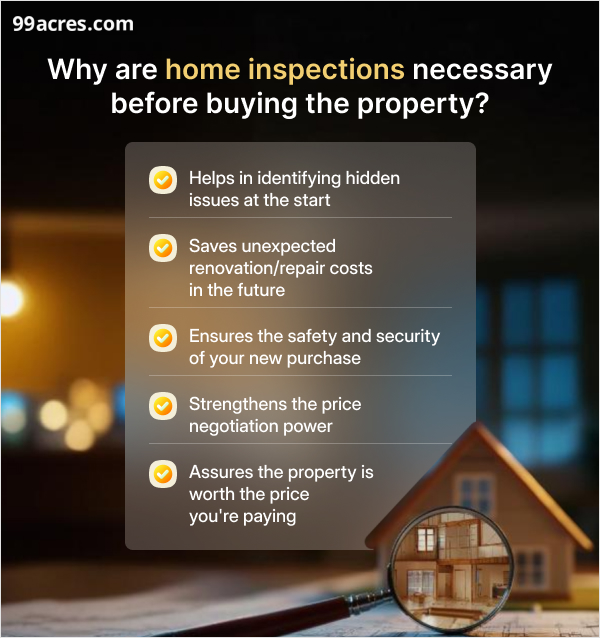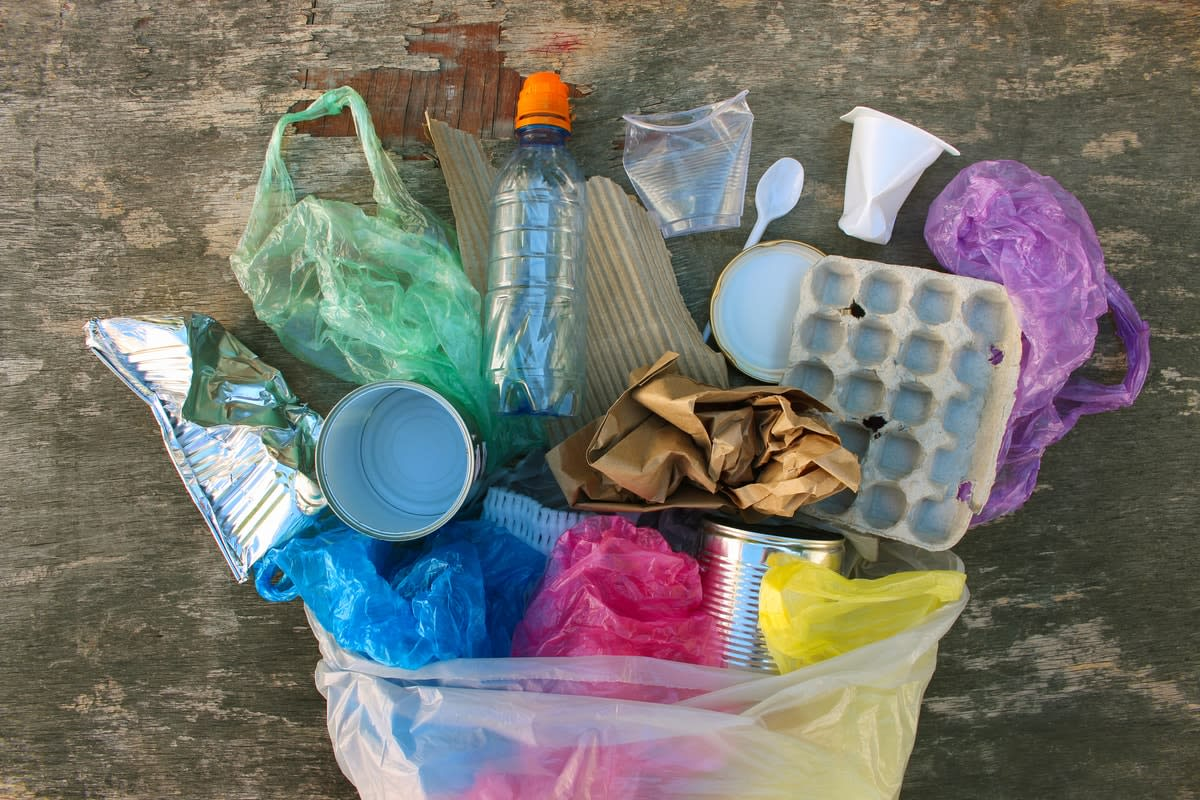Now Reading: Home Inspection: ₹4.3 Cr Bandra Deal Shocks Bollywood
-
01
Home Inspection: ₹4.3 Cr Bandra Deal Shocks Bollywood
Home Inspection: ₹4.3 Cr Bandra Deal Shocks Bollywood

Table of Contents
Home Inspection Before Possession is not just a formality—it’s a powerful tool that can save homeowners from financial losses, legal issues, and emotional stress. Many homebuyers rush to take possession of their dream homes without a proper inspection, only to discover hidden problems after moving in. From plumbing issues to electrical faults, skipping this vital step can turn your dream into a nightmare.
In this article, we will explore 11 critical things you must check during a home inspection before possession, so you can step into your new property with peace of mind.
1. Structural Integrity

One of the first things to check during a home inspection before possession is the structure of the building. Cracks in walls, sagging ceilings, or uneven floors could indicate foundational problems. A certified inspector will look for signs of damage, water seepage, or any misalignment in walls that could point to future risks.
2. Plumbing and Water Supply
Water-related issues are some of the most common and costly repairs homeowners face. Check all faucets, pipes, drains, and water pressure throughout the home. Ensure there are no leaks under sinks, and flush toilets to test their functionality. Also, verify whether the water supply is clean and functional across all points.
3. Electrical Systems
A complete electrical inspection is mandatory. Test light switches, sockets, fans, geysers, and other fixtures. Make sure there is no loose wiring or exposed connections. Ask the builder for the electrical load capacity of the home and ensure it matches your appliance needs.
4. Walls and Paint Finish
Homebuyers often ignore minor cracks or bubbles on painted surfaces, but they can signal moisture or poor plastering. Check for wall dampness, uneven finishes, or paint peeling. Also, inspect external walls for weatherproofing quality, especially if you’re in a rainy region.
5. Doors and Windows
Open and close all doors and windows to see if they function smoothly. Pay attention to loose hinges, creaky frames, or misaligned locks. Windows should seal properly to avoid dust or air leaks, and doors must lock without force.
6. Flooring Quality
Don’t just look—feel. Walk around every room to identify any hollow tiles, loose floorboards, or uneven surfaces. Flooring defects can pose serious safety hazards and require expensive fixes later on.
7. Bathroom Fittings and Drainage
Bathrooms should be dry, odorless, and fully functional. Test showers, taps, flushes, exhaust fans, and geysers. Drainage must be smooth—standing water is a red flag. Also, check for proper waterproofing, especially in corner joints and near plumbing connections.
8. Roof and Ceiling Conditions
A roof or ceiling inspection ensures that there are no leaks or damp spots. Look for water stains, mold, or discoloration, especially near light fixtures or ceiling corners. These could mean internal leakage or insufficient insulation.
9. Security Systems and Safety Features
Your safety matters. Check whether CCTV cameras, fire alarms, intercom systems, and smoke detectors are installed and functional. Ask for a demo from the builder if needed. For gated communities, also verify main gate security protocols.
10. Ventilation and Natural Light
Proper ventilation helps avoid mold and keeps indoor air healthy. Open all windows and ventilation shafts, and observe how much natural light enters the space. A well-lit, airy home reduces electricity use and enhances living quality.
11. Final Handover Documents and Compliance
Before taking the keys, ensure that all legal documents, warranties, occupancy certificates, and compliance reports are in place. Cross-check the area measurements mentioned in the sale deed with actual carpet area. These details ensure you are not cheated and are legally protected.
Why Skipping Home Inspection Before Possession Is a Costly Mistake
Ignoring a home inspection before possession can lead to serious problems, including unexpected repair costs, legal disputes, and health hazards. Builders may offer maintenance for a limited period, but post-possession issues can often fall outside of warranty. Hence, the sooner defects are caught, the better.
Tips for a Successful Home Inspection Before Possession
- Hire a certified home inspector with experience in your locality.
- Carry your own checklist of what to inspect.
- Document everything with photos and videos during the visit.
- Report all findings to the builder and get written confirmation on repairs.
- Only sign the possession letter after all issues are resolved.
The Legal Angle: What You Should Know

As a buyer, you are legally entitled to receive a home that meets the promised specifications. If any of the above issues are discovered after possession, they become your liability unless proven to be part of a construction defect. A pre-possession inspection protects your legal rights.
Final Thoughts
Home Inspection Before Possession is not just about checking boxes—it’s about ensuring your investment is safe, long-lasting, and aligned with your expectations. These 11 critical things to check offer a solid base to avoid nasty surprises and give you confidence in your purchase.
Think of it as a protective step—one that every smart homeowner must take. You wouldn’t buy a car without checking it. Why treat a home any differently?
Also Read – John Abraham Rents Sea-Facing Flats in Bandra in ₹4.3 Cr Deal



















